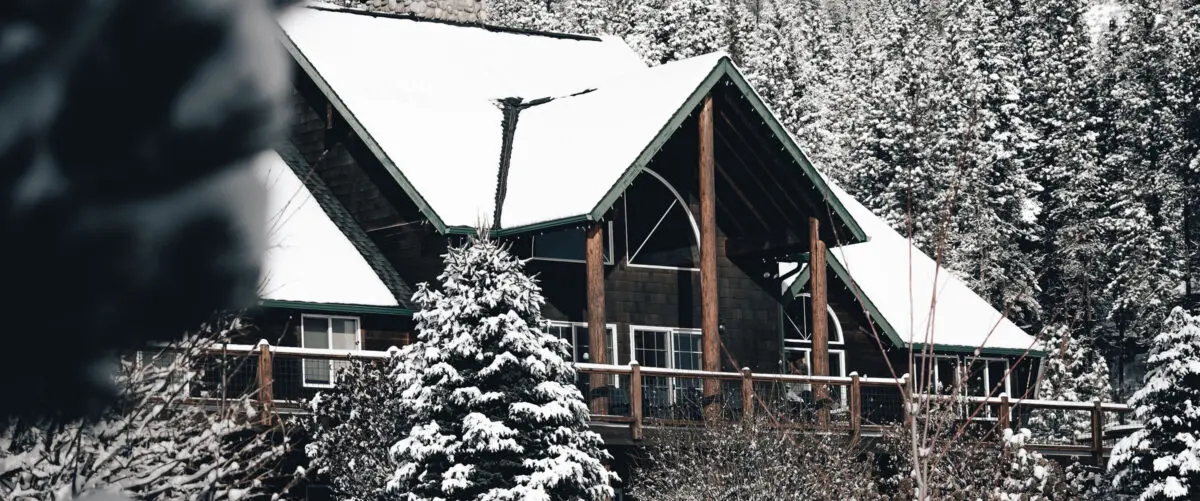
The War on Short Term Rentals in Colorado Mountain Towns
Short-Term Rentals aren’t a new concept to Colorado, however, in recent years the city legislators of many mountain towns in Colorado have been waging a war on short-term housing. In Colorado, a Short-Term Rental (“STR”) is defined as a rental unit that is designated as a place of residency but that is leased or made available for a lease for short-term stays of less than 30 consecutive days. Local Legislators have blamed these STRs as the key cause for the spike in home values and rental rates, but some studies point to the contrary.
In recent years, Colorado has become one of the most profitable and attractive locations in the United States to invest in an Airbnb. The endless outdoor activities and vibrant music scene coupled with ease of access from the City of Denver are just some of the many driving factors behind this boom. Local legislators have responded to this rise in STRs by implementing regulations, which many say are overreaching and detrimental to their livelihood. House Bill 23-1287, enacted in 2023, gave local governments greater leeway in licensing and regulating STRs that are not part of a hotel, but regulations have been around for years prior to this. The most common regulations enacted are additional taxes, caps on STR permits, and caps on number of reservations that can be accepted. Mountain towns have increased taxes on STRs, on average, by 2-10%, with the additional tax dollars being allocated to funds that support workforce housing. Some counties have also offered incentives for owners who return their homes to long term rentals. In Summit County, incentives to owners who convert their STRs to long term rentals reach up to $24,000 per year.
An Airbnb study focusing on one-to-four-bedroom STRs with a 60% occupancy rate in Colorado mountain towns showed that a property owner can make the equivalent of a year’s salary with a STR. In Breckenridge, the annual revenue potential for an STR can reach upwards of $85,000. In Rocky Mountain National Park, revenues can reach up to $75,000 per year, and the overall average for Colorado mountain towns is over $60,000 per year. Taking away this stream of income from individuals can be difference between their ability to pay or not pay their mortgage.
As regulations increase, complaints from residents of these towns in support of STRs have also risen. Those on fixed incomes who looked to take advantage of STRs feel that they are being targeted. Their attempt to supplement their already limited income is being restricted by local legislators who believe they are the problem. Many homeowners argue that STRs should be allowed backed on the principle of private property rights.
In recent months, Summit County has been home to the most controversial STR regulation. Summit County’s new regulation, starting in October, will limit the number of reservations an individual STR can receive to per year to just 35 reservations. In response, more than 100 homeowners have filed suit in the U.S. District Court, claiming that Summit County commissioners’ justifications for its excessive STR regulations, including that STRs deprive the County of local workforce housing, are fabricated, and seek to involuntary enlist private homeowners to solve the county’s failure to adequately address the workforce housing shortage. Leading this suit is Todd Ruelle, a Summit County homeowner since 1980 and STR owner since 1990. On average, Ruelle hosts around 65 bookings per year. The limitation will cost Ruelle tens of thousands of dollars in lost rental income.

